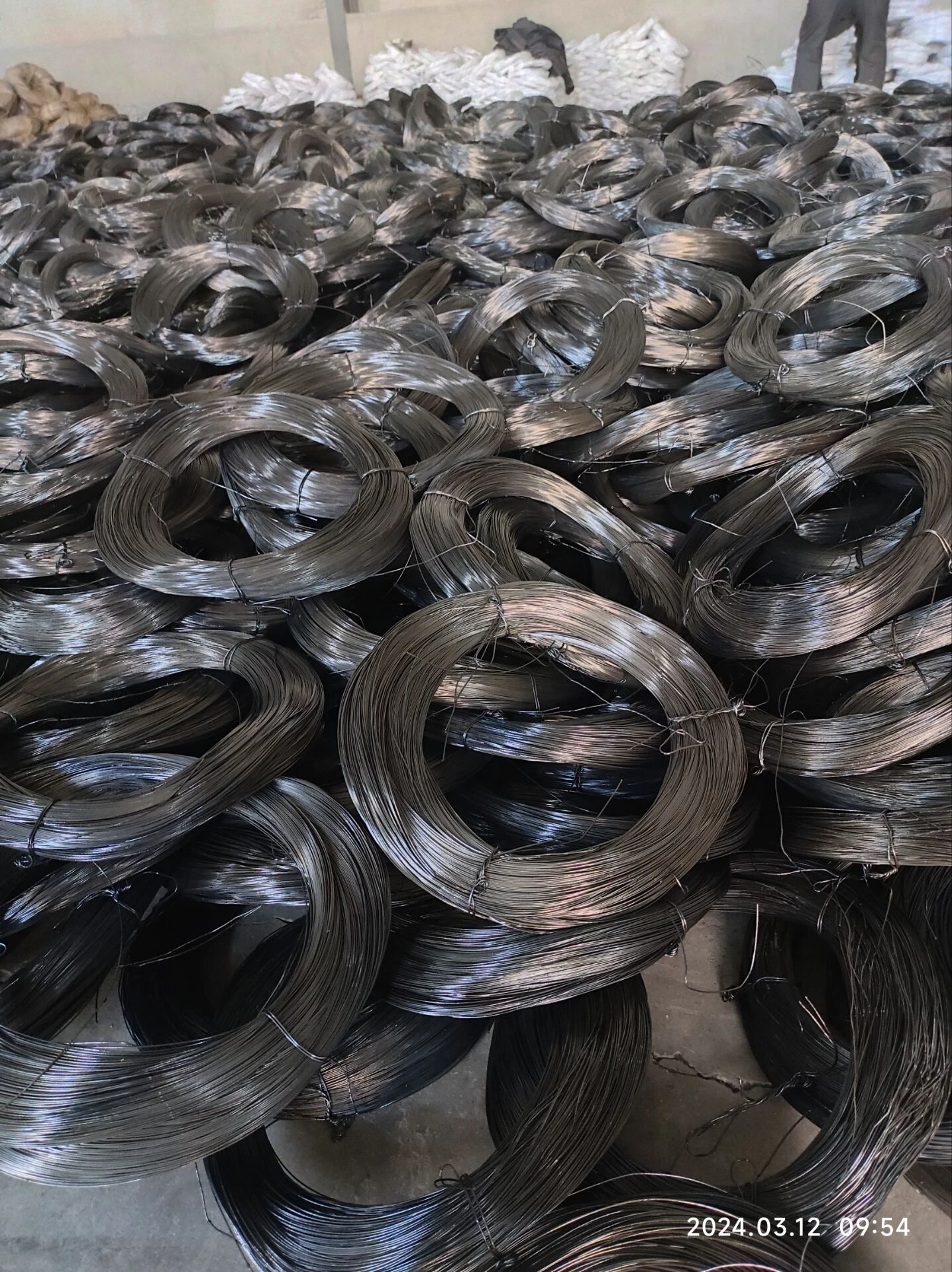

For those requiring enhanced aesthetic value combined with strength, cut nails serve as an excellent choice, especially in timber framing and restoration projects. Cut nails are crafted through a unique process that involves shearing the nails from a steel plate, allowing them to hold onto wood fibers more effectively than wire nails. Their historic authenticity makes them ideal for projects looking to maintain a period-accurate appearance, such as in the restoration of vintage structures. Moreover, masonry nails stand out when it comes to affixing wood to brick or concrete. Hardened to resist bending, these nails are fabricated from steel to provide the necessary durability for penetrating hard surfaces. Their application ranges from minor masonry repairs to reinforcing wooden battens against a concrete wall. Understanding the importance of these nails is vital for projects requiring secure installations on masonry substrates. Finally, box nails, similar to common nails but with a thinner shank, offer an excellent balance of holding power and reduced wood splitting risk. These nails are particularly suitable for lighter construction work, such as building crates and boxes, where the structural demands are not as rigorous. Their reduced diameter minimizes wood damage, ensuring that the material remains intact during and after construction. The relevance of selecting the right type of building nail cannot be overstated. It is an intricate balance of understanding the project requirements, material compatibility, and environmental conditions. Proper education and application of these nail types ensure not only the structural soundness of a project but also elevate the overall craftsmanship involved. Embedding this knowledge into your construction philosophy will undoubtedly enhance the quality and durability of your builds, reflecting both expertise and a steadfast commitment to excellence.

















